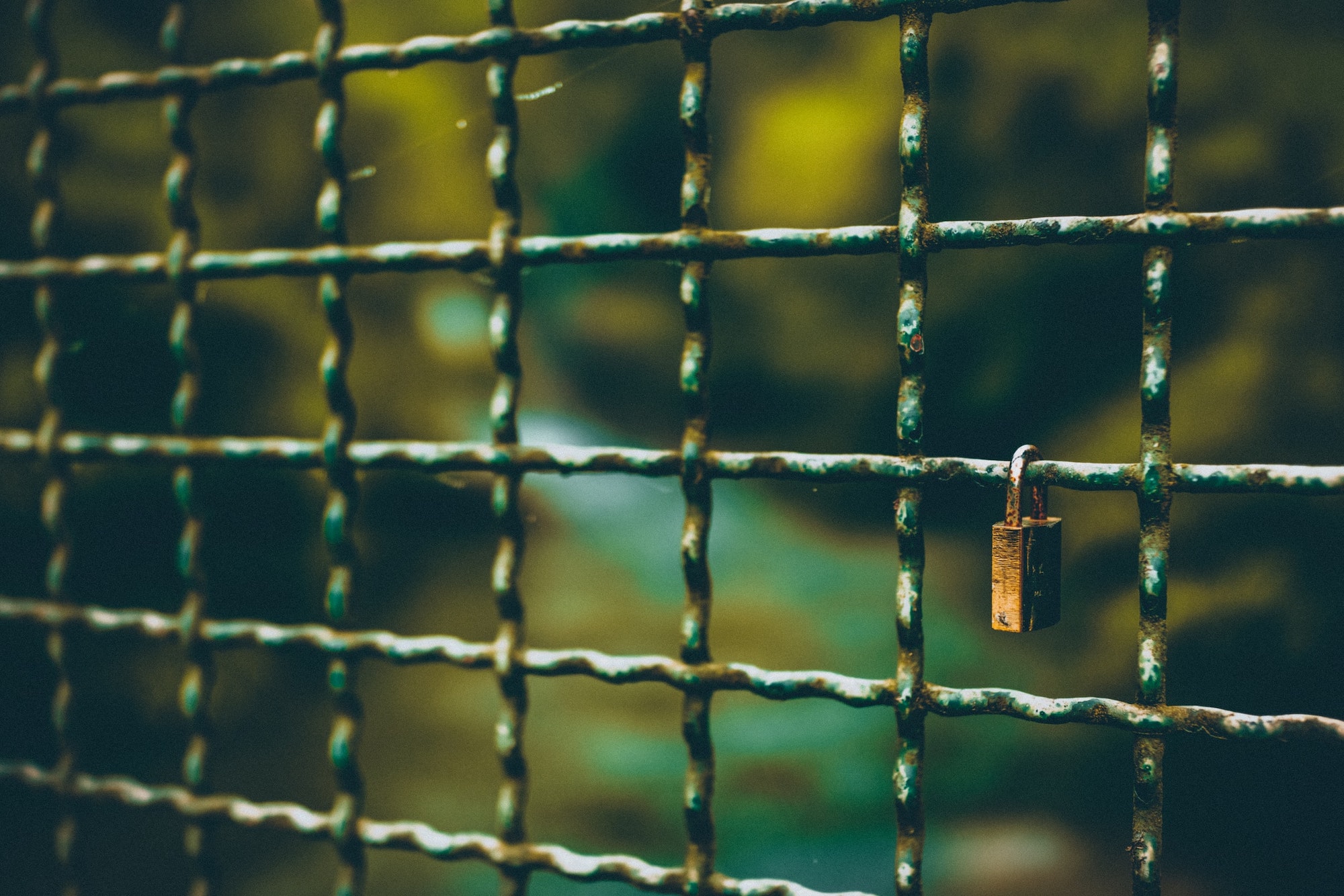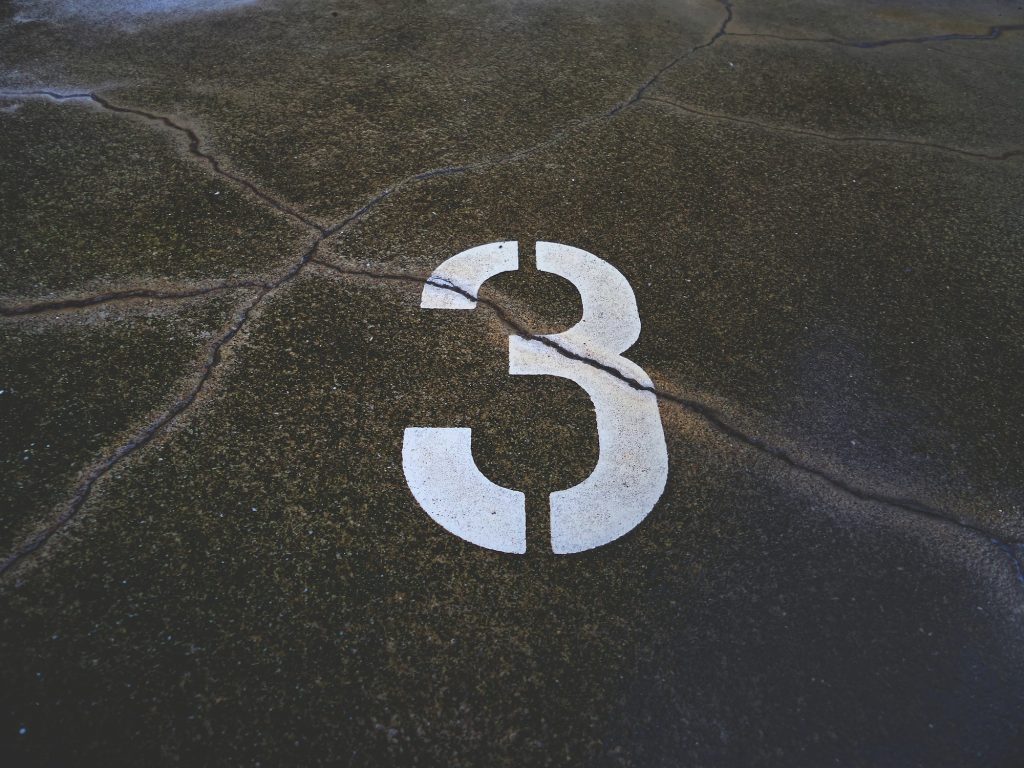Recently I watched Our Silent Emergency by Roman Kemp (young UK media celebrity) who recently lost his best friend to suicide. While it focuses on what can be done to get younger males to start talking about their struggles amidst increasing rates of suicide, I found it helpful. I lost my daughter to suicide in 2005.
Regardless of age, gender or circumstances, mental health problems remain shrouded in secrecy and stigma. It’s been this way for years. I’m not sure what will ever change this regardless that we are talking more openly about the subject. It was no different when my daughter died .
The tragedy is that when a young person dies by suicide, it leaves a traumatic impact on the best friend(s) left behind. They seldom ever get over it. The guilt and regret can haunt them well into their older years. Just like loving family members believe they were responsible in some way for any family member’s suicide, friends believe they should have saved their best bud from dying. My daughter’s best friend struggled with these same feelings. Specifically, not confiding in us the best kept secret my daughter shared with her. Which was her wish to die.

Suicide the best kept secret
One statement by Roman that struck me poignantly in his documentary was that it would only have taken him 3 minutes to run to his friend’s house. He could have been there. He should have been there for his buddy. And he would have been there if only he’d known his friend was in trouble. A guy who was the life of the party but had obviously kept his troubles hidden from everyone.
But then, who truly knows when anyone intends to die? Suicide really is the best kept secret. It doesn’t matter who is at risk.
The other thing that caught my attention was how much we hesitate to dig further into finding out how “okay” our loved ones really are. While some females may be more willing to discuss their needs than males, nobody’s talking much about suicide. If they were there wouldn’t be so many deaths.
The number one reason people choose suicide
The number one reason people choose suicide is because they believe they are a burden to their loved ones. Hearing this in the documentary helped me let go of some of the searching I’ve been doing for years. Feeling desperate to know why my daughter chose to die. This was what she believed too.
Prior to discovering this after her death, the thought never crossed my mind that my child thought she was a burden to us. I assumed she knew we would be there for her no matter what. As a mom, it makes me feel less inadequate and more the same as millions of other parents who couldn’t have done any more to prove this was simply not true. Having said this, it’s clear all survivors missed the chance to talk with our kids, friends and other loved ones about their mental health and other struggles.

Why we don’t talk about suicide
Talking about our problems helps to squash all the negative things we tell ourselves that simply aren’t true. False stories ramp up in our heads and sometimes force us to make terrible decisions. But in the end, they always are just our stories. We can never presume to know what anyone else is really thinking.
One reason why we don’t talk about suicide is because we cannot fathom that anyone we love would want to kill themself. But people of all ages do kill themselves. Every day! We need to start accepting this as a fact. We are ALL vulnerable to a single moment that could compel us to make an irreversible decision. One that creates lasting emotional damage to all survivors.
3 minutes
It would have taken Roman only 3 minutes to reach his friend’s house to check on him. It only took about 3 minutes of the slightly more than twenty-two years of life my daughter had lived for it to be wiped out. Minutes I’ve thought long and hard about over the last sixteen years. Trying to end my suffering that’s been exceptionally hard to overcome.

What we can do to better support each other in our mental health needs:
- Ask twice. When we ask someone how they are, and they reply “okay”, ask again. People often reveal how they are really feeling after being asked more than once.
- Talk. Confide in someone we trust about how we are feeling and what we are thinking. It can change our story.
- Listen. Listening without judgement to what our loved ones and friends are going through can literally save lives.
- Fur babies. Someone interviewed in this documentary who had survived a suicide attempt found talking to his dog served the same purpose as talking to a human. Animals bring us renewed hope and optimism with their unconditional love. If you don’t have a living pet, a stuffed animal works just as well.
- Honesty. While there is still stigma attached to mental health issues and it is difficult admitting we have a problem, being honest with ourselves and our closest loved ones about our mental health can set us on our path to healing.

For other support, books and resources related to grief, suicide and healing visit vonnesolis.com.

